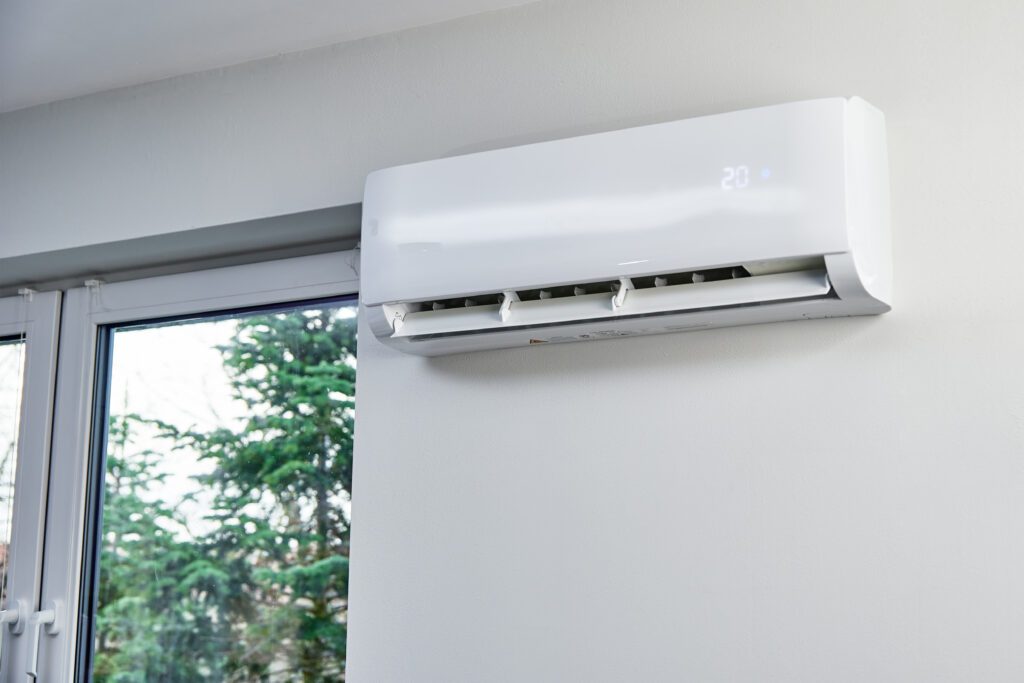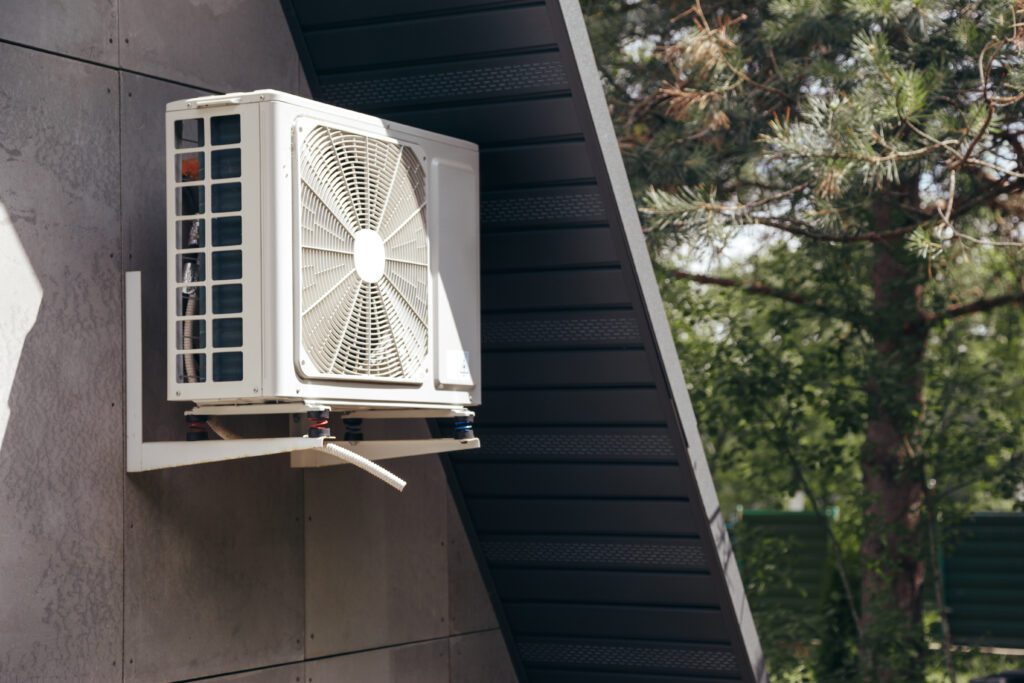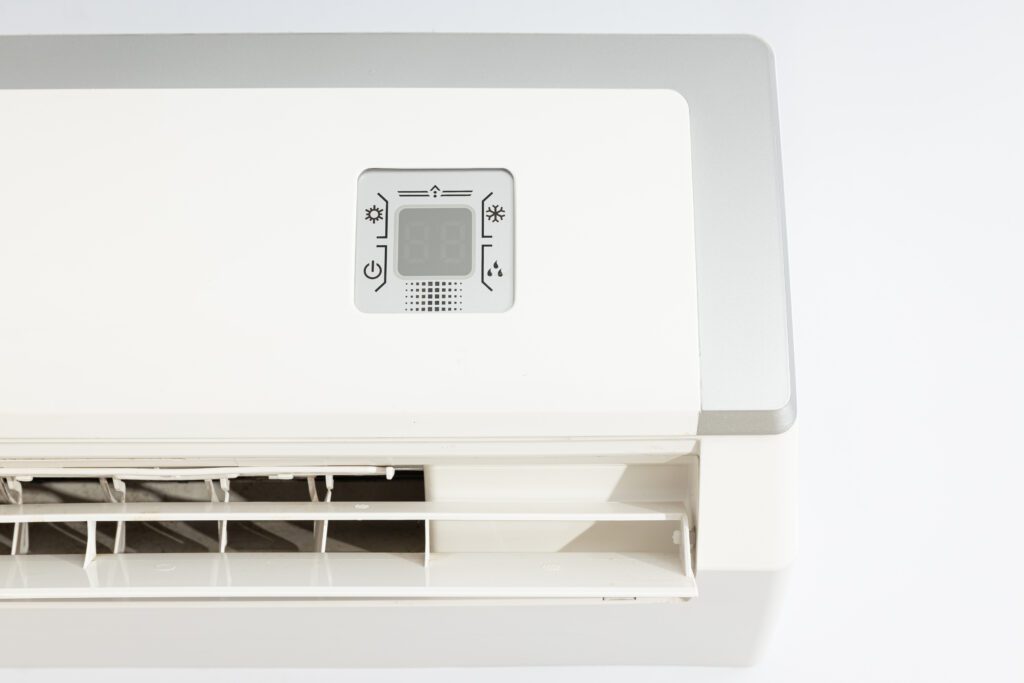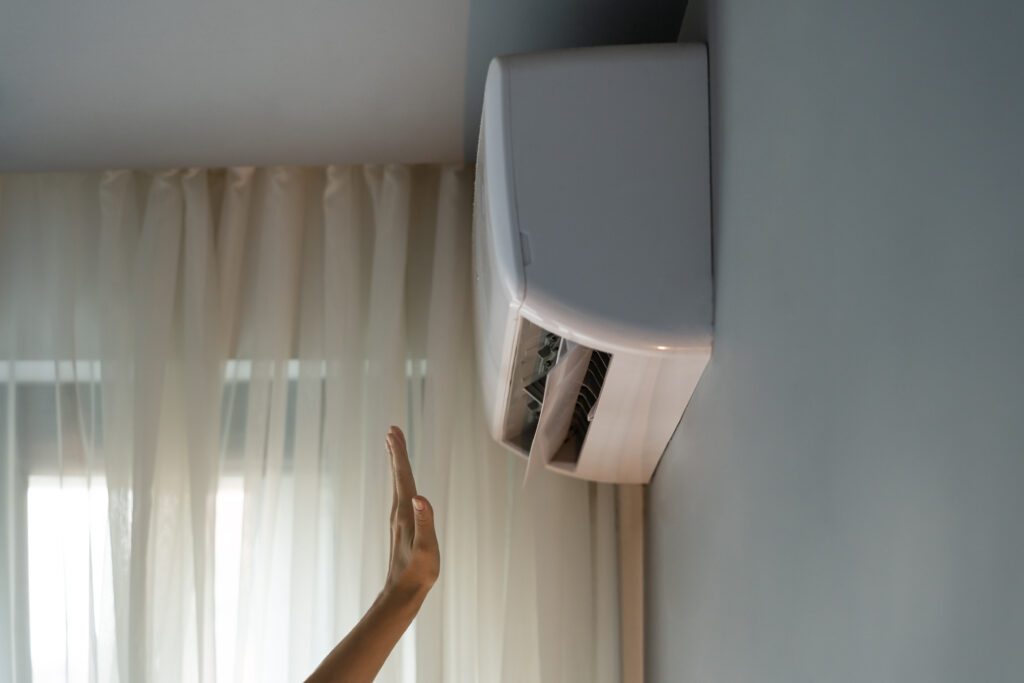As the summer months approach, it is essential to ensure that your air conditioning (AC) system is in good working condition. The last thing you want is for your AC to break down during a scorching hot day. To help you keep your AC running smoothly and avoid any major repair costs, here are some essential AC repair tips for the summer months.
Understanding Your Air Conditioning System
Before diving into the repair tips, it’s important to have a basic understanding of how your AC system works. Your AC plays a crucial role in keeping your home cool and comfortable during the summer months.
Understanding the intricacies of your air conditioning system can help you appreciate the technology that keeps you cool. The process begins with the compressor, which pressurizes the refrigerant, turning it into a high-pressure, hot gas.
The Role of Your AC in Summer
Your AC system works by removing heat and humidity from your indoor environment, circulating cool air throughout your home. It consists of several key components that work together to provide optimal cooling.
Once the refrigerant leaves the compressor, it flows to the condenser coil outside your home. Here, the heat is released, and the refrigerant transforms into a high-pressure liquid. The condenser fan helps dissipate this heat into the outdoor air.
Key Components of an AC System
Some of the main components of your AC system include the compressor, condenser, evaporator coil, refrigerant, and thermostat. Each of these parts plays a vital role in ensuring efficient cooling.
The evaporator coil, located inside your home, then absorbs the heat from the indoor air, allowing the refrigerant to evaporate and turn back into a low-pressure gas. This process cools the air, which is then distributed throughout your home via ductwork and vents.
Common AC Problems During Summer

Unfortunately, AC problems can arise, especially during the summer months when your system is working hard to keep your home cool. By being aware of common AC problems, you can identify signs of trouble early on and take prompt action.
One additional common issue that many homeowners face during the hot summer months is a malfunctioning thermostat. If your thermostat is not accurately reading the temperature in your home, it can cause your AC system to run inefficiently or inconsistently. This can result in discomfort and higher energy bills. Regularly calibrating and checking your thermostat can help ensure it is functioning correctly and keeping your home cool and comfortable.
Leaking Refrigerant
A common AC problem is a refrigerant leak. If your AC is not cooling properly or if you notice ice formation on the coils, there’s a high chance of a refrigerant leak. It is crucial to address this issue promptly to prevent further damage to your system.
Sensor Problems
The sensor in your AC system plays a crucial role in maintaining the desired temperature. If the sensor is not working correctly, your AC may cycle on and off frequently, or the temperature may not be regulated correctly. Cleaning or repositioning the sensor may solve the issue.
Drainage Issues
Your AC system removes excess moisture from the air, which collects in a drip pan and is drained away. If the drainage system becomes clogged or blocked, it can lead to water leaks or damage. Regularly check and clean the drainage system to prevent this problem.
Another issue that can arise with AC systems, particularly in humid climates, is mold and mildew growth. The damp environment created by the cooling process can sometimes lead to the development of mold in the ductwork or on other components of the system. Not only can this impact the air quality in your home, but it can also affect the efficiency of your AC unit. Regular maintenance and cleaning of your system can help prevent mold growth and ensure your AC is running smoothly.
Preventive Maintenance for Your AC

Proper preventive maintenance is key to ensuring your AC stays in good working condition and to avoid unexpected breakdowns.
Regular maintenance not only prolongs the lifespan of your AC unit but also helps in maintaining its efficiency. By following a few simple steps, you can ensure that your air conditioner runs smoothly, keeping you cool and comfortable during the hot summer months.
Regular Cleaning and Inspection
Regularly clean the air filters, condenser coils, and evaporator coils to remove dust and debris. This simple task can significantly improve the performance of your AC system by allowing proper airflow and heat transfer. Additionally, scheduling professional inspections at least once a year can help in detecting any potential issues early on, preventing costly repairs down the line.
During the inspection, a trained technician will check for refrigerant leaks, measure airflow, and ensure all components are functioning properly. They will also lubricate moving parts to reduce friction and wear, further enhancing the efficiency of your air conditioner.
Importance of Changing Filters
Regularly changing your AC filters is crucial for maintaining proper airflow and preventing dust and debris from accumulating in your system. Clean filters not only improve the efficiency of your AC but also contribute to better indoor air quality, reducing allergens and pollutants in your home. It is recommended to check your filters every month and replace them as needed, especially during peak usage seasons.
Checking Thermostat Settings
Ensure that your thermostat is set to the correct temperature and mode to optimize the performance of your AC system. Setting the temperature too low can lead to excessive energy consumption and strain on the unit. Consider investing in a programmable thermostat, which allows you to schedule temperature adjustments based on your daily routine, saving energy and money in the long run.
By following these preventive maintenance tips, you can enjoy a cool and comfortable indoor environment while also extending the life of your air conditioning system. Remember, a well-maintained AC not only saves you money on repairs but also reduces your carbon footprint by operating more efficiently.
DIY AC Repair Tips

While some AC issues may require professional assistance, there are a few DIY tips you can try before calling in the experts.
When it comes to maintaining your air conditioning system, understanding some basic troubleshooting techniques can save you time and money. By familiarizing yourself with common AC problems and their solutions, you can address minor issues promptly and prevent them from escalating into major malfunctions.
Dealing with a Frozen Coil
If you notice ice formation on your AC’s evaporator coil, turn off the system and let it thaw completely. Once thawed, check for any airflow restrictions, such as a clogged air filter. Proper airflow is essential for the efficient operation of your AC unit, as restricted airflow can lead to various issues, including frozen coils and reduced cooling capacity. Additionally, inspect the coil for any signs of dirt or debris buildup, as this can also impede proper heat exchange.
Fixing a Leaky AC
If you suspect a refrigerant leak, it’s crucial to contact a professional right away. Refrigerant leaks not only affect the cooling performance of your AC but can also pose health risks to you and your family. Refrigerant exposure can cause symptoms such as dizziness, headaches, and respiratory problems. A certified HVAC technician has the expertise and equipment to safely repair the leak and recharge the system with the correct amount of refrigerant.
Troubleshooting a Non-working AC
If your AC is not turning on, check the power supply, circuit breaker, and thermostat batteries. Ensure that the thermostat is set to “cool” and that the temperature setting is below the current room temperature. Sometimes, a simple power cycle or battery replacement can resolve the issue. However, if the problem persists, it could indicate a more complex electrical issue within the system, requiring professional diagnosis and repair.
By staying proactive and following these essential AC repair tips, you can ensure a cool and comfortable summer in your home. Regular maintenance and prompt attention to any issues will not only extend the lifespan of your AC system but also save you from costly repairs in the long run. Remember, a well-maintained air conditioning system not only keeps you cool but also improves indoor air quality and energy efficiency. Stay cool and enjoy the summer months with a reliable and efficient AC system!



